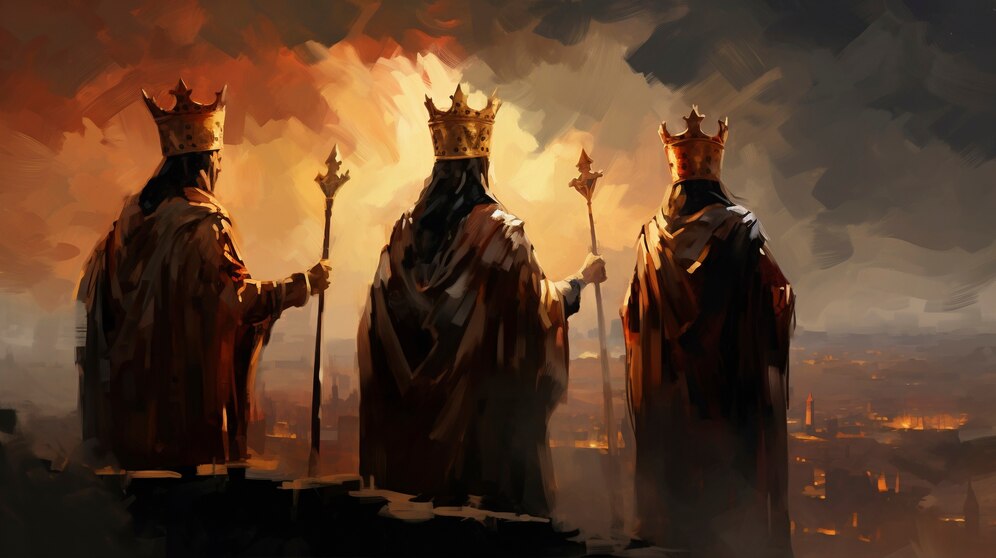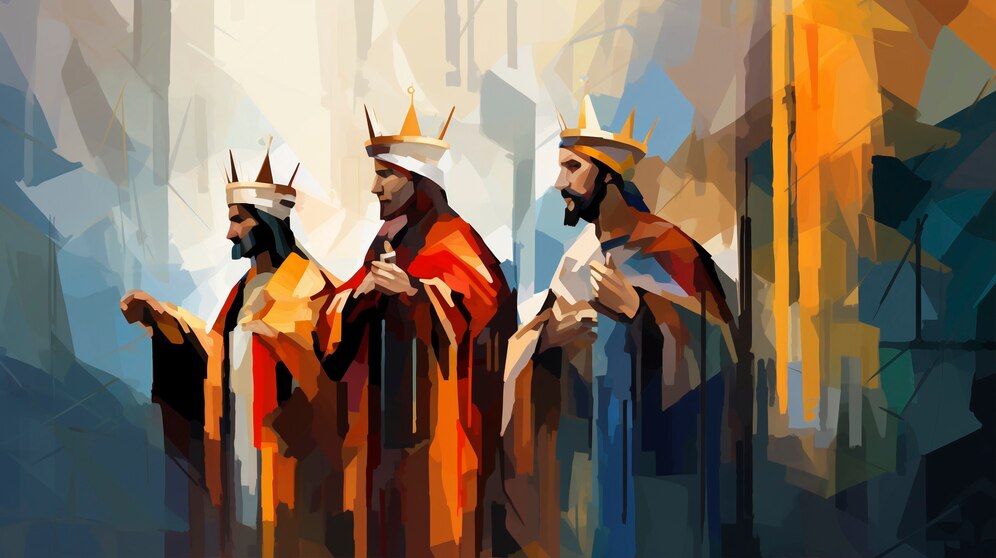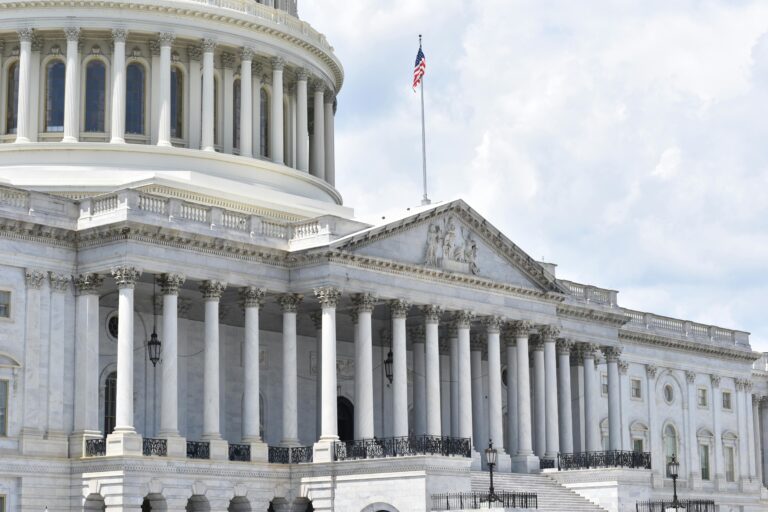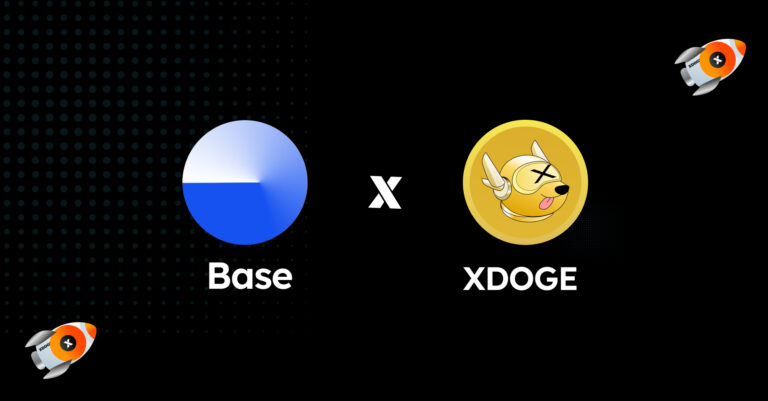The Rising Power of Moguls in US Politics: How Tech Giants Are Reshaping the Landscape
In the United States, the traditional political structures that once governed the nation have been increasingly overshadowed by the rise of moguls—powerful figures with wealth and influence that extend far beyond business. Tech moguls like Elon Musk, Mark Zuckerberg, and Jeff Bezos are prime examples of individuals who not only revolutionized their industries but are now shaping the political landscape as well.

These moguls wield unprecedented control over the flow of information, political campaigns, and even government policy. What does it mean when those who control the largest tech companies become some of the most influential figures in politics? The line between business and politics is increasingly blurred, and the influence of these moguls has created both opportunities and concerns about the future of democracy.
For example, Elon Musk’s involvement in political conversations is undeniable, as he has made headlines for his public endorsements and his role in discussions about free speech on social media platforms like Twitter. His influence has even extended to his support for political candidates, especially during the 2024 election cycle Le Monde.
Understanding the Mogul’s Role in Politics
A “mogul” is typically defined as a powerful and influential person who dominates a specific industry. Historically, moguls were often media barons or industrial tycoons, but today, tech moguls represent a modern form of this power. Their influence goes beyond running companies—they’re shaping society and government itself.
Take Mark Zuckerberg, for example. As the CEO of Facebook (now Meta), he has shaped how information is shared globally. Through his platform, Zuckerberg has not only impacted public opinion but has also become a player in political debates, particularly when it comes to issues like data privacy and election security The Guardian.
Elon Musk’s dominance is even more apparent. With control over companies like Tesla, SpaceX, and Twitter, Musk has become more than just a business magnate—he is now a political figure in his own right. His support for conservative candidates and his vocal stance on free speech have made him a polarizing figure in the political arena Le Monde.
Tech Moguls and Political Donations: A New Era of Power
One of the most significant ways that moguls exert their political influence is through financial contributions. With their enormous wealth, tech moguls can shape political outcomes in ways that traditional campaign finance rules never anticipated. Musk, Zuckerberg, and Bezos have all donated large sums to political causes and candidates that align with their personal and business interests.
For instance, Zuckerberg has made substantial donations in support of causes such as immigration reform and data privacy, signaling his influence beyond just business The Guardian. Meanwhile, Bezos has used his fortune to back several progressive initiatives, including climate change legislation.
But it’s not just about the money. These moguls are also deeply involved in the decision-making processes behind policy. Musk’s influence in the 2024 elections is particularly notable, with his endorsement of former President Donald Trump raising eyebrows across the country. His active role in political campaigns through donations and social media advocacy highlights the changing nature of political influence in America.
Moguls and the Shaping of Election Campaigns
Tech moguls are no longer just behind-the-scenes players in political campaigns—they’re front and center. Musk’s involvement in the 2024 election cycle, especially his support for Trump, is just one example of how moguls are shaping political discourse. Through social media platforms like Twitter (which Musk now owns), these moguls have the power to amplify political messages and rally support for candidates.
Social media is a double-edged sword. On the one hand, platforms like Twitter allow candidates to bypass traditional media outlets and speak directly to voters. But on the other hand, they give moguls like Musk and Zuckerberg the power to control the narrative by deciding what information gets amplified and what doesn’t. This can influence not only political campaigns but also public opinion on a wide range of issues, from healthcare to climate change The Guardian.

The Ethical Dilemma: Moguls and Democracy
As moguls continue to exert their influence on politics, the question arises: what does this mean for democracy? In theory, a democracy is a system where the people hold the power, but when a few wealthy individuals have the ability to sway elections and shape public discourse, it raises concerns about fairness and accountability.
Critics argue that the concentration of power in the hands of tech moguls could undermine democratic processes. With their massive financial resources and control over the flow of information, they have the ability to steer the government in directions that benefit their personal and business interests, rather than the needs of the broader population. This has led to debates over the ethical implications of tech moguls playing such an active role in politics Le Monde.
The Social Media Mogul’s Power to Shape Public Opinion
The most powerful moguls in modern politics are also those who control social media platforms. Zuckerberg’s Facebook, Musk’s Twitter, and other platforms have become the epicenters of political discourse, where debates about policy, elections, and public issues unfold daily.
These moguls control the algorithms that determine which information is seen by billions of people. This power allows them to influence public opinion on a scale that has never been seen before. Whether it’s promoting a candidate or shaping debates about key issues like healthcare, immigration, and climate change, tech moguls are at the heart of the national conversation BBC.
What the Future Holds for Tech Moguls in Politics
Looking ahead, it seems likely that the role of tech moguls in politics will only continue to grow. As new moguls rise from the tech industry, we may see even more direct involvement in political campaigns and policymaking. Some experts speculate that we could even see tech moguls running for office themselves, further blurring the lines between business and politics.
While this could bring about innovative changes and solutions, it also raises important questions about accountability and transparency. Should a handful of individuals have this much control over the direction of the country? As technology evolves, so too will the influence of these moguls, making it essential to address the ethical challenges they present BBC.
The Emerging Era of Mogul Dominance
The rise of tech moguls in American politics represents a fundamental shift in how power is wielded. These moguls—like Musk, Zuckerberg, and Bezos—are not just shaping the future of business; they are actively reshaping the political landscape. As their influence continues to grow, we must ask ourselves how much power should be concentrated in the hands of a few individuals, and what this means for the future of democracy in the U.S.
As this new era of mogul dominance unfolds, it’s crucial to keep a watchful eye on the ethical, political, and social consequences. The future of American politics may very well depend on how we address these challenges.







